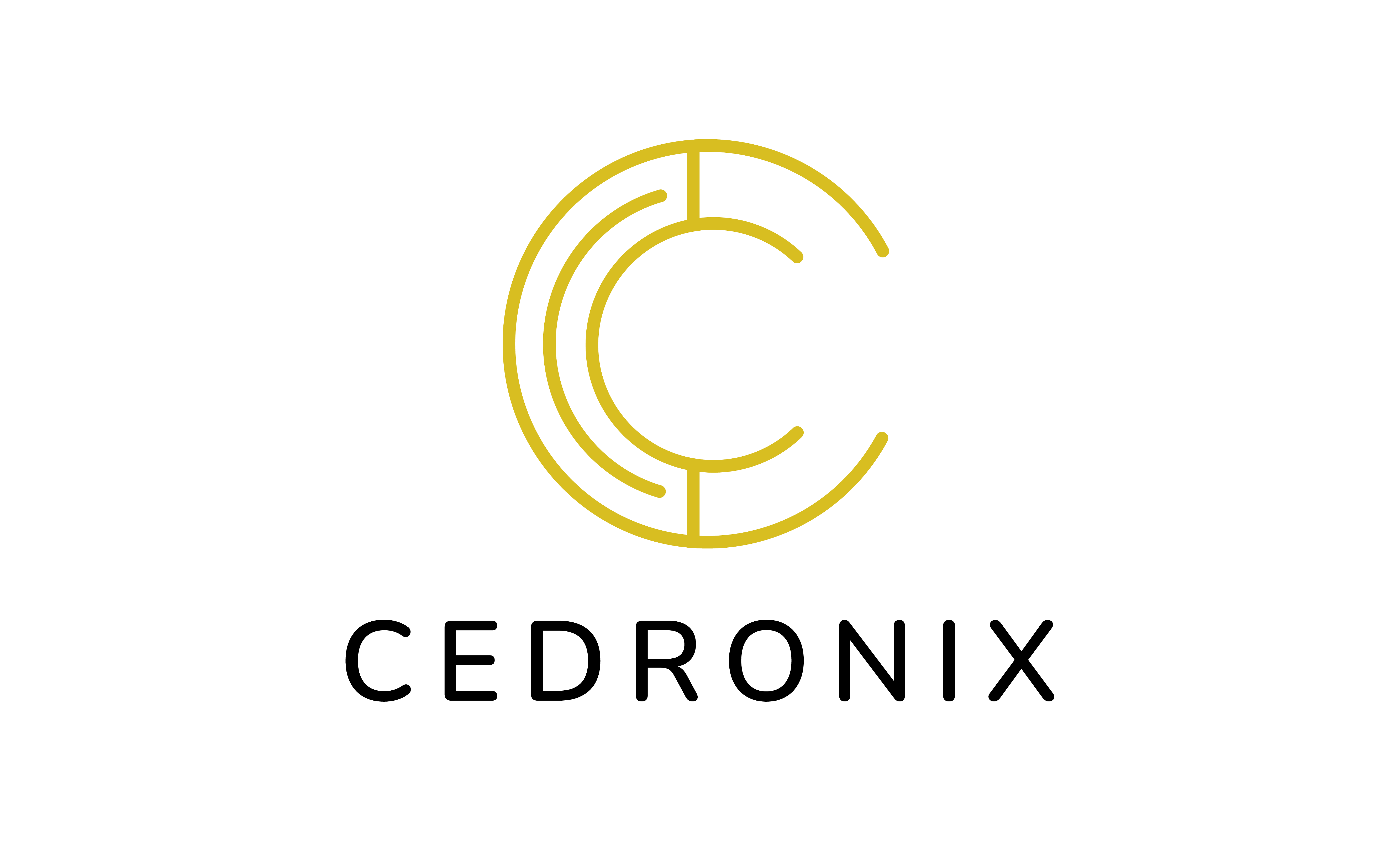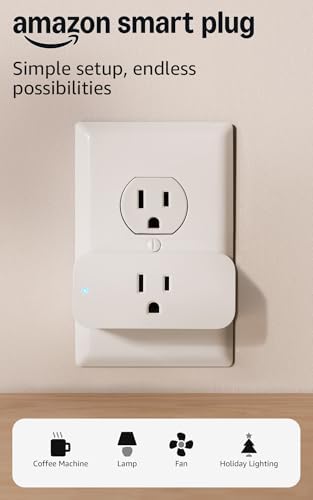Best Smart Home Technology for Energy & Security in 2025
Smart home technology has rapidly evolved, becoming an essential part of modern living. As we move toward 2025, innovations in this field are not only enhancing convenience but also redefining the way we interact with our living spaces. From energy-efficient devices to AI-powered security systems, smart homes offer a seamless blend of comfort, control, and sustainability.
What Is Smart Home Technology?
At its core, smart home technology includes interconnected devices that automate and streamline household tasks. These systems enable homeowners to control appliances, lighting, temperature, and security remotely or through automation. Thanks to the Internet of Things (IoT), these devices can share data and adapt to user preferences.
Moreover, IoT integration creates a cohesive ecosystem, allowing for centralized management via smartphones, tablets, or voice assistants. Consequently, daily tasks become more manageable, and homes operate more efficiently.
👉 You may be interested in: Measurefront Kit – USB Rechargeable Milk Frother
Why Smart Home Electronics Are a Must-Have in 2025
Smart home devices are gaining popularity for good reason. Not only do they provide convenience, but they also offer substantial benefits such as:
- Energy savings through automation
- Improved security and surveillance
- Enhanced accessibility and personalization
- Reduced carbon footprint
In addition, as technology becomes more affordable and accessible, more households are investing in smart solutions to future-proof their homes.
Voice-Controlled Assistants in Smart Home Technology
- Our best sounding Echo Dot yet – Enjoy an improved audio experience compared to any previous Echo Dot with Alexa for cle…
- Your favorite music and content – Play music, audiobooks, and podcasts from Amazon Music, Apple Music, Spotify and other…
- Alexa is happy to help – Ask Alexa for weather updates and to set hands-free timers, get answers to your questions and e…
The Rise of AI-Driven Digital Assistants
Voice assistants like Amazon Alexa, Google Assistant, and Apple Siri have become central to smart homes. Through simple voice commands, users can control lighting, thermostats, locks, entertainment systems, and more.
Because of advancements in AI and natural language processing, these assistants now understand complex queries and offer personalized responses. In 2025, we can expect even greater contextual understanding, multilingual capabilities, and improved privacy features.
Seamless Integration with Other Devices
Furthermore, voice assistants are expected to act as universal control hubs. For instance, they’ll connect with everything from smart thermostats to home security systems. As a result, managing your entire home could soon be as easy as speaking a command.
Smart Energy Management for Sustainable Living
- About this item Before You Buy: Mysa works only with high/line voltage electric heating systems, including 120–240V elec…
- 40% Smaller + New Features, Including Adaptive Display Technology.
- Adaptive Brightness Technology – Use Sleep and Wake on Approach to Set Your Preferred Display Brightness
Smart Thermostats: A Game-Changer for Efficiency
Devices like Nest and Ecobee use AI to learn your schedule and adjust temperatures automatically, ensuring comfort while minimizing energy usage. In fact, homeowners can reduce energy bills significantly just by upgrading their thermostat.
Smart Home Technology and Energy-Efficient Appliances
Beyond thermostats, smart refrigerators, washing machines, and dishwashers optimize energy usage. Some models even allow users to schedule cycles during off-peak hours, reducing utility costs.
Additionally, many devices now feature real-time energy tracking, offering insights into how and when energy is consumed. This empowers homeowners to make more informed decisions.
Demand Response Programs
Another growing trend is participation in demand response programs. These initiatives reward users for adjusting energy use during peak times. Therefore, users save money while supporting grid stability.
Smart Home Technology for Security: Protecting What Matters Most
- 【Motion Detection & Instant Notification】Get instant push notifications when motion, person or baby crying is detected, …
- 【2-Way Audio w/ Built In Siren】Never truly leave home with the built-in 2-way audio. Use as a pet camera with phone app …
- 【Night Vision up to 30 Ft.】Never miss a thing that goes on, even at night thanks to the integrated IR system on this ind…
Next-Generation Surveillance
Modern smart cameras go beyond basic recording. Equipped with facial recognition and motion detection, they can differentiate between family members and unknown visitors. Moreover, features like two-way audio and mobile alerts add layers of protection.
Keyless Entry and Smart Locks
Smart locks allow users to grant or revoke access remotely. For example, you can let in a guest or delivery person using a temporary code, then monitor entry logs from your phone.
Alarm Systems That Work in Harmony
Integrated alarm systems now coordinate with lights, cameras, and smart speakers. When a breach is detected, lights can turn on automatically, and cameras begin recording—all while notifying the homeowner instantly.
Smart Lighting: Personalized Ambiance and Savings
Smart lighting is more than just on/off switches. Users can now adjust brightness, color temperature, and scheduling via apps or voice commands. These features are not only convenient but also energy-saving.
Adaptive Lighting Based on User Behavior
Smart lighting can adjust to your habits. For instance, lights can dim when you turn on the TV or brighten in the morning automatically. These adaptive settings enhance comfort and promote better sleep cycles.
Integration with Voice Assistants
When integrated with assistants like Alexa, users can control entire lighting zones with simple commands. This hands-free convenience is especially beneficial for those with mobility challenges.
Climate Control That Learns and Adapts
Smart climate control devices are becoming more sophisticated. For instance, smart HVAC systems can regulate airflow and humidity based on room occupancy and weather patterns.
These innovations not only ensure comfort but also reduce energy waste. Over time, the system learns from your preferences and adjusts settings automatically.
Final Thoughts: The Smart Home of Tomorrow
As we approach 2025, smart home technology is not just a luxury—it’s becoming a necessity. With improvements in energy efficiency, security, lighting, and climate control, smart homes offer unparalleled benefits.
For those looking to enhance their lifestyle and reduce their environmental impact, investing in the best smart home technology for energy efficiency and security in 2025 is a step in the right direction.
📸 Follow Us on Instagram!
Enjoyed this article? Then don’t miss out on what we share on our Instagram community 💙
Exclusive tips, daily inspiration, updates, and more… We’d love to have you there!

I’m Viviana Chourio, an Early Childhood Education professional with a deep vocation for human development from the earliest stages of life. My journey has taught me that learning never ends, and that’s exactly why I’ve found in e-commerce a new way to grow, to venture, and to connect with others.
Passionate about discovering new digital opportunities, I enjoy blending my educational sensitivity with the dynamic nature of the online world. I strongly believe in the power of purposeful entrepreneurship and in the ability to reinvent oneself without losing one’s essence.
My purpose is clear: to learn, to share, and to build a path where the human and the digital come together to create impact.











